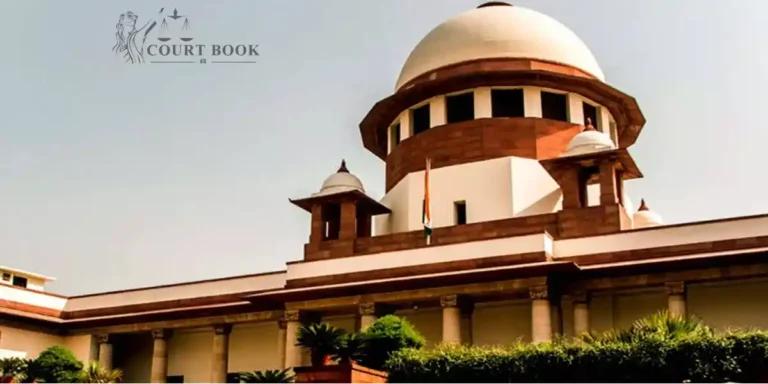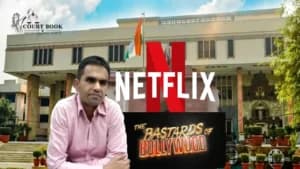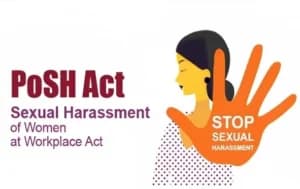The Supreme Court has taken up an important case to clarify the scope of Order XXI Rule 97 of the Civil Procedure Code (CPC). This provision deals with situations where someone faces resistance or obstruction during the execution of a court decree.
A bench of Justice Dipankar Datta and Justice Prasanna B. Varale recently issued a notice on a plea that pointed out inconsistencies in previous judgments. The issue lies in how broadly or narrowly Order XXI Rule 97 can be applied—especially in cases involving third parties.
"There exists a clear conflict between two of our judgments regarding the scope of Order XXI Rule 97 CPC," the Court observed at the outset.
In Brahmdeo Choudhary v. Rishikesh Prasad Jaiswal (1997) 3 SCC 694, the Court held that even a person who is not a decree-holder or auction purchaser—like a third party facing dispossession—can approach the court for relief under this provision.
However, in a later judgment, Sriram Housing Finance v. Omesh Misra Memorial Charitable Trust, the Court took a stricter view. It stated that only decree-holders or auction purchasers are allowed to use this legal route.
Read Also: Supreme Court Orders Uniform Pay and Allowances for Consumer Commission Members Across India
This present case challenges the Madras High Court’s decision, which upheld the trial court's dismissal of a third-party plea under Order XXI Rule 97. The petitioner, whose auctioned property was allegedly self-acquired, argued that the execution sale was flawed and wanted it set aside. She relied on Brahmdeo Choudhary’s case to support her claim.
The lower courts, however, followed the reasoning in Sriram Housing Finance, holding that the petitioner, as a third party, could not invoke these provisions.
The Supreme Court found that there was a valid legal question and issued a notice to the other parties. Importantly, since the petitioner is still in possession of the disputed property, the Court ordered:
“The possession of the petitioner shall not be disturbed without leave of the Court.”
The next hearing is scheduled for August 2025, where the Supreme Court is expected to address and possibly settle this legal conflict once and for all.
Appearance : A. Hariprasad, Sr. Adv and Swathi H. Prasad, AOR for the appellant; M. S. Vishnu Sankar, Adv for the respondent.
Case Title: P. SUMATHI VERSUS K. KRISHNA GOUNDER & ORS.















